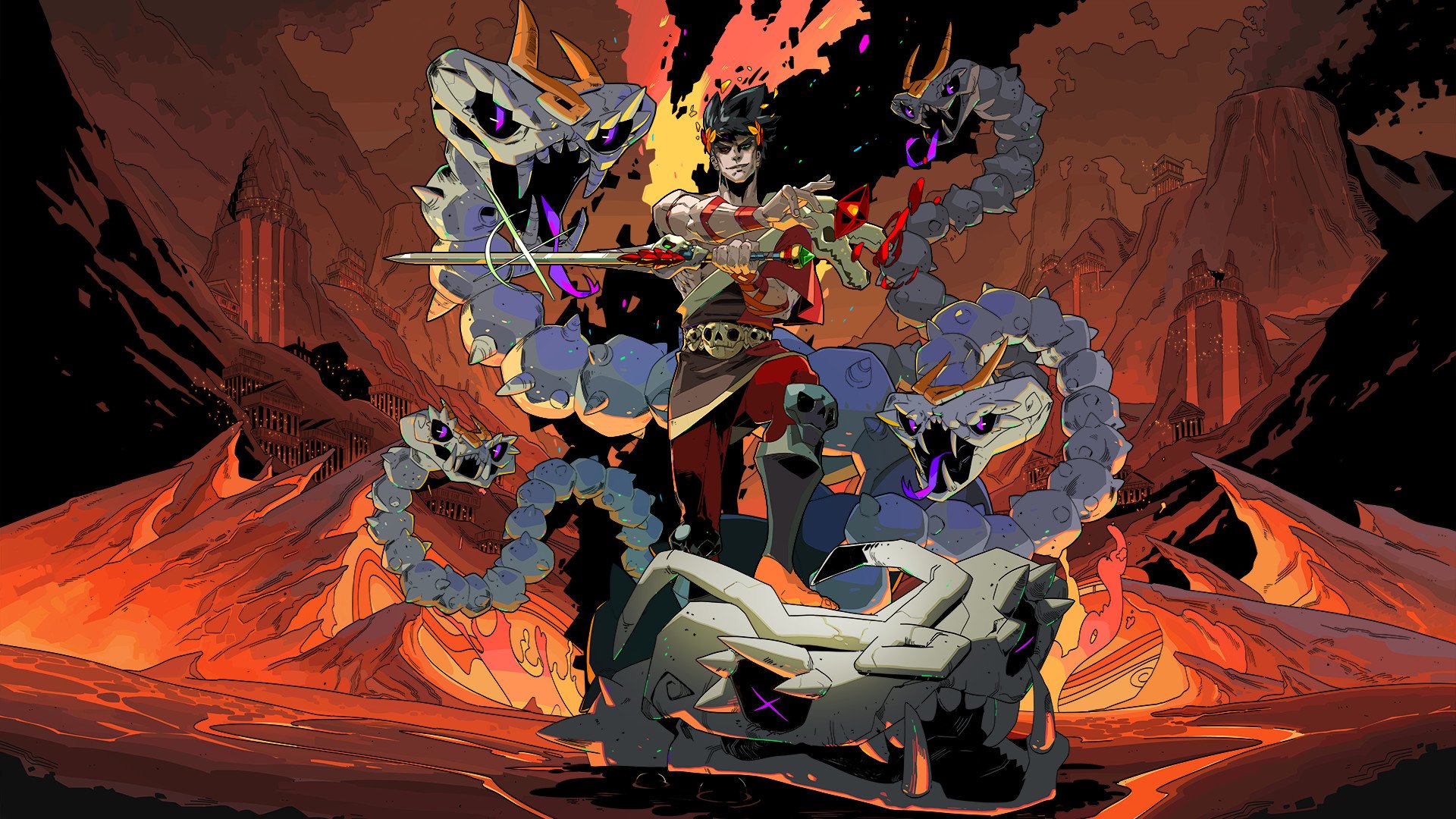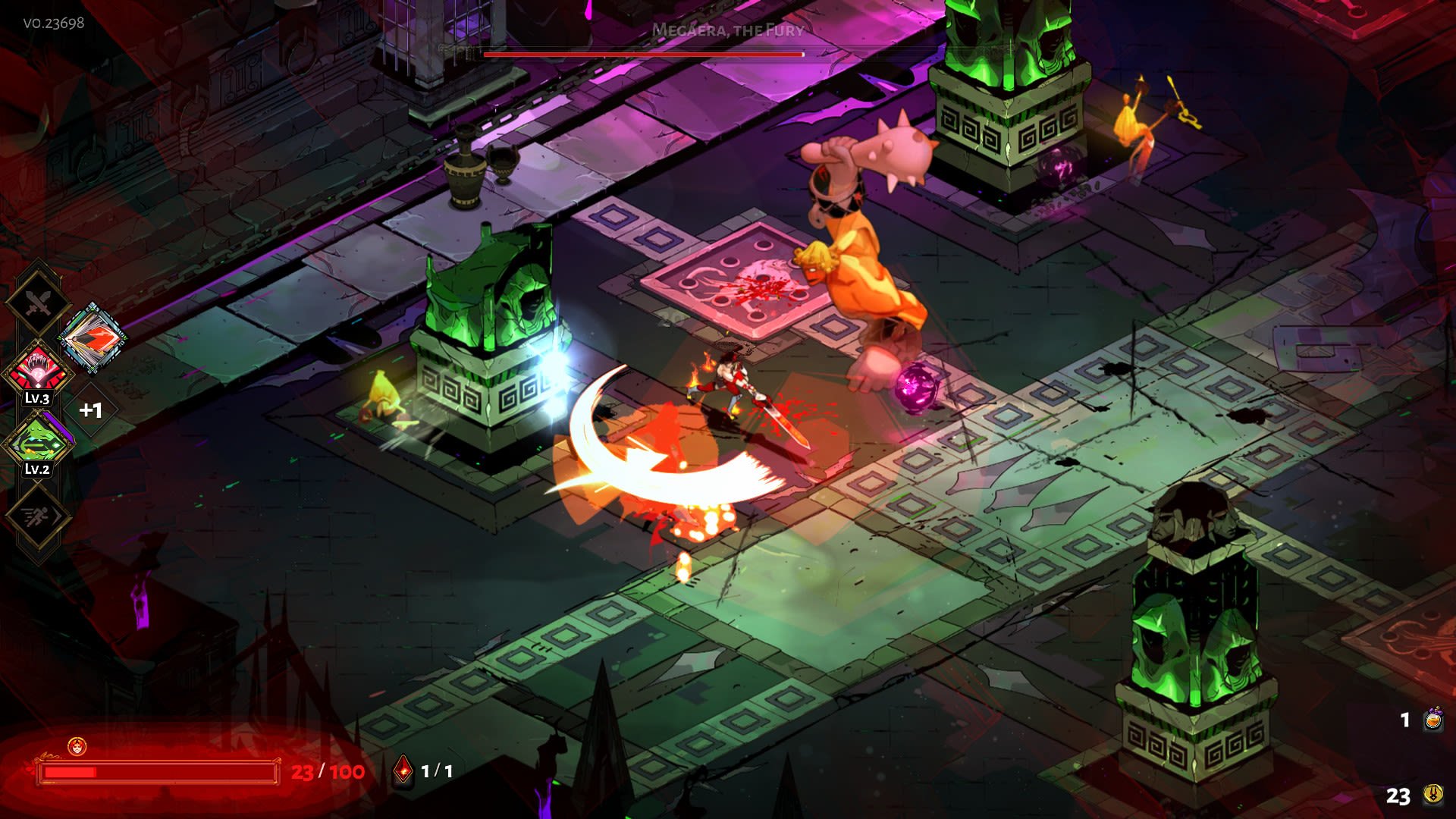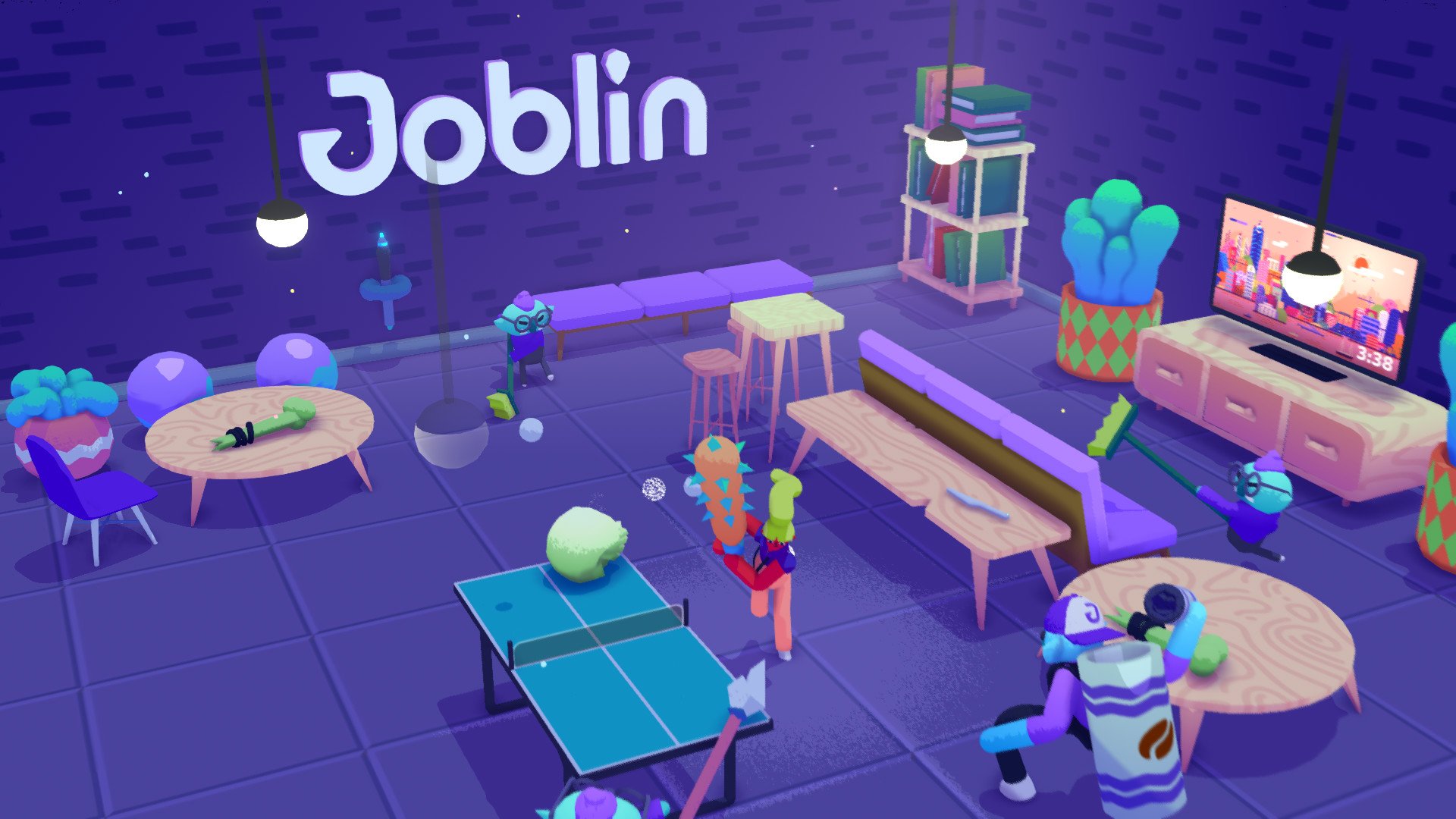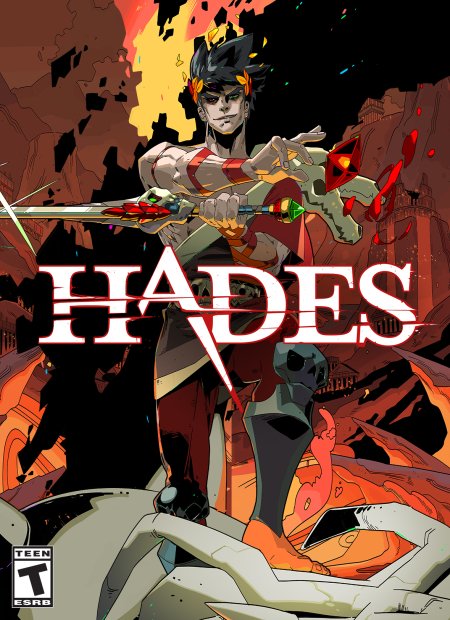Hades, Going Under show how roguelikes can overcome their flaws
The live, die, repeat nature of roguelikes isn't so repetitive anymore.

There's a reason roguelike games are as popular as they are — they're addictive. Roguelike games (inspired by the 1980 game Rogue) are predicated on the player getting to the end of an entire game in one fell swoop, so repetition is baked in. You die three dungeons in, you start over at the beginning. However, over time you learn new tricks, unlock new skills or weapons, and slowly move forward.
However, because of the difficulty often involved with roguelikes, they can be inaccessible to a lot of players. I can understand why "repeating the same levels over and over" wouldn't sound appealing, even if you clarified that the levels were procedurally generated and changed up every time. A good roguelike can't just present a challenge; it needs to pull you through the game. Recent games like Children of Morta and SUPERHOT: Mind Control Delete manage to pull this off, but it's oddly rare amongst the category.
The past couple of weeks I've been playing two roguelikes: the incredibly popular Hades and the much smaller Going Under. Fans of the genre will love both of these games, but they're also a great way to hook in new players or those who avoided them up to this point. Not only are they both great examples of roguelikes, but they do the genre as service by showing the small but important ways developers can keep people playing.

Hades has been a huge hit since it hit early access at the end of 2018, but it's taking the internet by storm since its release a couple of weeks ago (it was even one of our favorite indie games last year when it was in early access). Developer Supergiant Games had already proven itself to be masters of creating games with style, with modern classics like Bastion making their mark over the last decade. Hades is in the same vein — a colorful, cool-looking title that oozes style. The characters are all ridiculously good-looking and the soundtrack's full of guitar riffs that make you feel powerful. You play Zagreus, the son of Hades, and you want to escape the Underworld with the help of the other Greek gods and your own fighting prowess. The problem is that it's impossible to escape the Underworld. Luckily, if you die during your escape attempt you'll just get sent right back to your father. Because where else would you go but back to Hades when you die?
A good roguelike can't just present a challenge; it needs to pull you through the game.
You'll immediately see where the roguelike nature comes into play here. Having to repeat levels is built into the narrative; it shows how this world works and makes the repetition easier to stomach. Other games have worked repetition into the narrative — Into the Breach with its branching timelines is a recent example that comes to mind — but few have done it as smoothly as Hades. It helps also that Supergiant has done an excellent job making sure that while the bosses repeat, the dialogue almost never does. Even when Zagreus talks to the same people over and over again, they'll reference the new weapons he's unlocked or the specific encounters he just got out of. It makes it all feel like one continuous experience, not just one you have to repeat.
Another trick Hades has up its sleeve is how despite it being a game focused on combat and skill, it weaves a narrative that reveals itself the more you play. The more characters you encounter and the more areas you unlock, the more you learn about Zagreus' motivations for escaping, the needs of the side characters for either helping your or not, and the drama that surrounds the Greek gods. This pushes the player forward as a small reward for continuing to play, but it's a neat trick to use the structure of the roguelike to create natural-feeling pacing. It also elevates the game beyond its combat, which often is at the center of roguelikes.
A big issue with a lot of recent roguelikes is how they might fail to push the player forward in ways beyond actual gameplay. Dead Cells is a fast-paced title with some great abilities and a fun world to play around in, but it doesn't do much to create a story for the player to follow. It's similar to Hades — you need to escape your confines — but beyond a few reveals here and there, the game doesn't do much to change up the moment-to-moment gameplay. Hades reveals itself as you play, but for the most part, everything you need to know about Dead Cells you learn from the start.
All the latest news, reviews, and guides for Windows and Xbox diehards.

Going Under utilizes a similar trick. The dungeon crawler from Aggro Crab is a satirical take on Silicon Valley tech culture first and a roguelike second. You have to enter the basements of the tech conglomerate you're interning for and wipe out all the monsters (or previous employees) from companies that have folded. Participating in the repetitive nature of the game is supposed to mirror the humdrum of basic tasks, and so our intern Jackie has to keep dying and keep trying to defeat bosses because otherwise, she'd get fired.
There's great combat, but the key is to slowly unfold the story.
As you go through your day, so do all of your colleagues and bosses topside. The boss will often come in and make announcements that decimate the company (as they do), and other higher-ups will give you tasks to do in the dungeons. As you complete goals, you can unlock powerups and earn currency that you can spend on other skills. The game works similarly to how a career at a tech company would — the more work you do, the more perks you earn. Of course, to get those rewards you have to take on monsters, which was definitely not a part of your job description. But it is the job nobody else wants to do.
There's great combat in both Hades and Going Under that you want to master and evolve, but the key is to slowly unfold the story. The more you play both games, the more you learn about the world each title inhabits. It all works to make these games feel lived in despite the repetitive nature of the play itself.
It also helps that the repetition is built into the game and its story, so it all works together. Going Under's structure is supposed to emulate the doldrum nature of work, and taking out the remnants of the companies your conglomerate has swallowed up only adds to the message the game is trying to convey. Hades is a game about death, so why not have death happen frequently? Gaining more powerful throughout motivates both Zagreus and the player, and all of it comes together to create a story about the Greek pantheon that feels fresh.
Roguelikes can suffer from too much of a focus on either story or gameplay. There needs to be a reason for the repetition to keep the player going. Luckily, Hades and Going Under show that it's possible to maintain that balance.

Carli is the Former Gaming Editor and Copy Chief across Windows Central, Android Central, and iMore. Her last name also will remind you of a dinosaur. Follow her on Twitter or email her at carli.velocci@futurenet.com.


